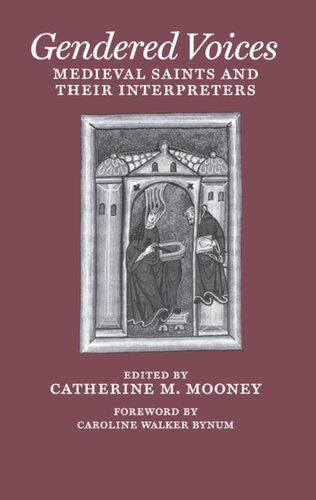

Most ebook files are in PDF format, so you can easily read them using various software such as Foxit Reader or directly on the Google Chrome browser.
Some ebook files are released by publishers in other formats such as .awz, .mobi, .epub, .fb2, etc. You may need to install specific software to read these formats on mobile/PC, such as Calibre.
Please read the tutorial at this link: https://ebookbell.com/faq
We offer FREE conversion to the popular formats you request; however, this may take some time. Therefore, right after payment, please email us, and we will try to provide the service as quickly as possible.
For some exceptional file formats or broken links (if any), please refrain from opening any disputes. Instead, email us first, and we will try to assist within a maximum of 6 hours.
EbookBell Team

0.0
0 reviews"These studies . . . not only illuminate the past with a fierce and probing light but also raise, with nuance and power, fundamental issues of interpretation and method."—from the Foreword, by Caroline Walker Bynum
Female saints, mystics, and visionaries have been much studied in recent years. Relatively little attention has been paid, however, to the ways in which their experiences and voices were mediated by the men who often composed their vitae, served as their editors and scribes, or otherwise encouraged, protected, and collaborated with the women in their writing projects. What strategies can be employed to discern and distinguish the voices of these high and late medieval women from those of their scribes and confessors? In those rare cases where we have both the women's own writings and writings about them by their male contemporaries, how do the women's self-portrayals diverge from the male portrayals of them? Finally, to what extent are these portrayals of sanctity by the saints and their contemporaries influenced not so much by gender as by genre?
Catherine Mooney brings together a distinguished group of contributors who explore these and other issues as they relate to seven holy women and their male interpreters and one male saint who claims to incorporate the words of a female follower in an account of his own life.